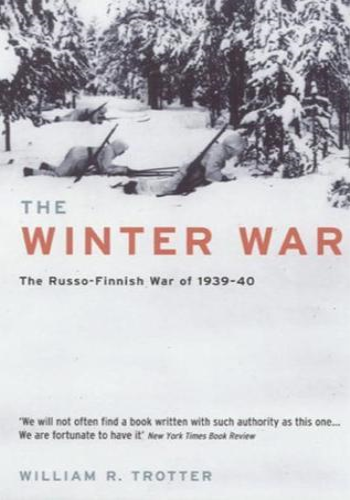This fascinating millitary history tells the intriguing tale of the bitter and attritional Winter War between the USSR and Finland in the midst of World War II.
On 30 November 1939, Soviet bombers unloaded their bombs on Helsinki, the capital of Finland. Stalin's ultimatum, demanding the cession of huge tracts of territory as a buffer zone against Nazi Germany, had been rejected by the Finnish government, and now a small Baltic republic was at war with the giant Soviet military machine.
But this forgotten war, fought under brutal, sub-arctic conditions, often with great heroism on both sides, proved one of the most astonishing in military history. Using guerrilla fighters on skis, even reindeer to haul supplies on sleds, heroic single-handed attacks on tanks, and with unfathomable endurance and the charismatic leadership of one of the 20th century's true military geniuses, Finland not only kept at bay but won an epic, if short-lived, victory over the hapless Russian conscripts.
Its surreal engagements included the legendary "Sausage Battle", when starving Soviet troops who had over-run a Finnish encampment couldn't resist the cauldrons of hot sausage soup left behind by their opponents - and were ambushed as they stopped to sup.
Although by sheer attritional weight of numbers Stalin eventually prevailed over the Finns, their pointed resistance enabled their country to remain free, even as other countries fell one by one.
This book gives a telling insight into the military history of Russia, as once again Russian troops march on foreign soil, and a nation at Russia's borders fights to retain its independence.







